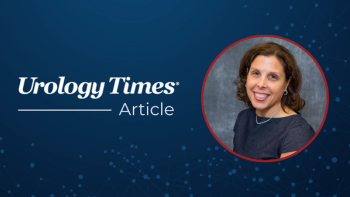
College of Surgeons tells Congress: Eliminate SGR formula
The American College of Surgeons has called on members of Congress to eliminate the current sustainable growth rate (SGR) Medicare physician payment formula and transition over the next 5 years to a new physician payment system that fairly reflects the costs of providing high-quality health care.
The American College of Surgeons has called on members of Congress to eliminate the current sustainable growth rate (SGR) Medicare physician payment formula and transition over the next 5 years to a new physician payment system that fairly reflects the costs of providing high-quality health care.
In testimony before the House Energy and Commerce Committee’s Subcommittee on Health, ACS Executive Director David Hoyt, MD, said the SGR model is a failed system and a long-term solution should be phased in that encourages quality care.
"The current fee-for-service model is unsustainable, and any new payment system should be part of an evolutionary process that achieves the ultimate goals of increasing quality for the patient and reducing the growth of health care spending-goals we do not believe are mutually exclusive," Dr. Hoyt said. "The first step towards reforming the Medicare payment formula is to immediately eliminate the SGR and set a realistic budget baseline for future Medicare payment updates, which fairly reflect the costs of providing quality health care, preserving the patient-physician relationship, and ensuring patients have continued access to the physician of their choice."
The College of Surgeons said it is currently reviewing the role of bundled payments for surgical episodes of care with the goals of improving quality and reducing costs by aligning coordination and quality of care with financial incentives, rather than paying for each visit or service.
"With the right approaches, we can improve the quality of patient care and, at the same time, reduce health care costs," Dr. Hoyt told the committee. "Based on our 100-year experience leading programs from the Committee on Trauma to the Commission on Cancer to the ACS National Surgical Quality Improvement Program, we know we can significantly reduce complications and save lives, and that translates into better outcomes, lower costs, and greater access."
Newsletter
Stay current with the latest urology news and practice-changing insights — sign up now for the essential updates every urologist needs.






